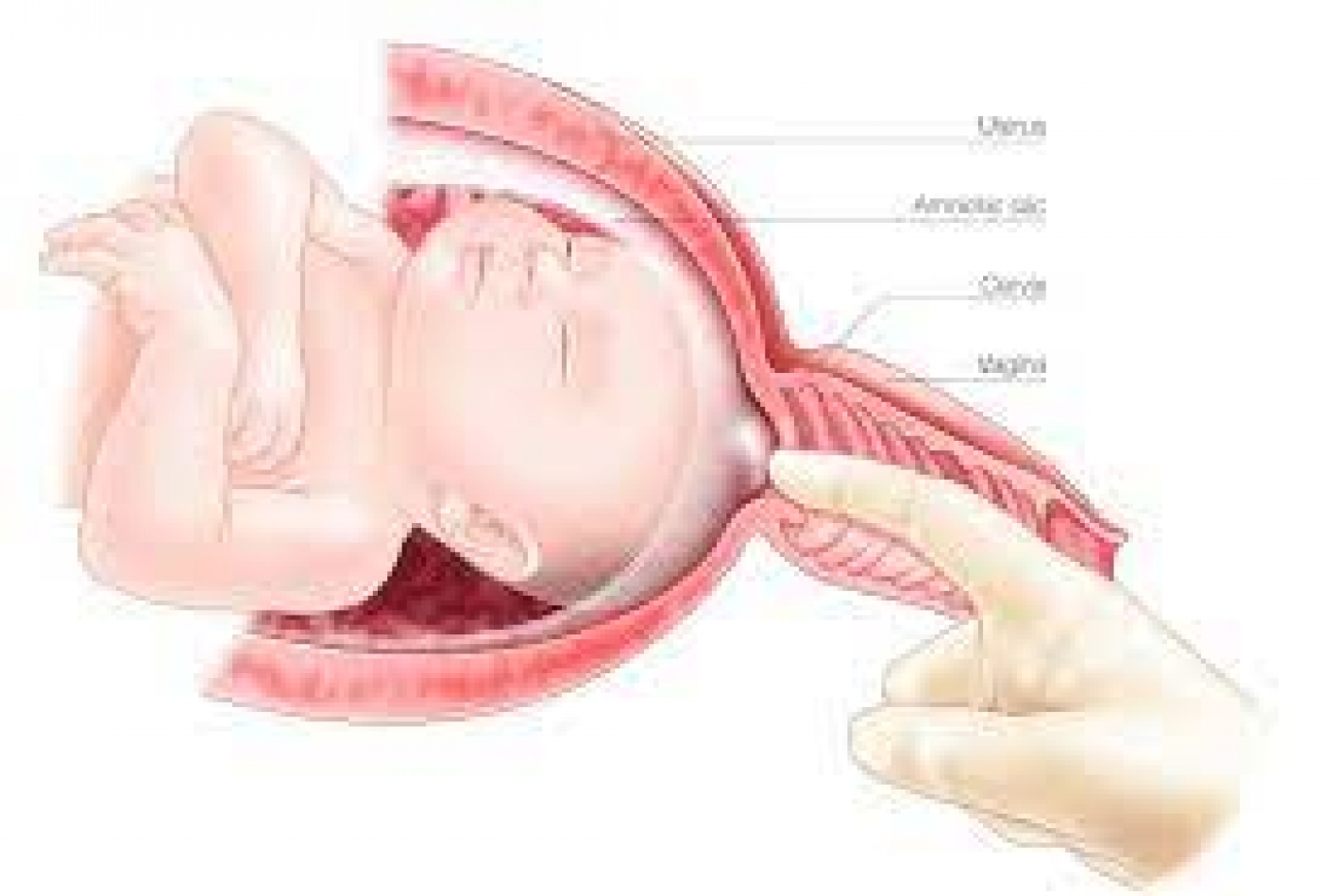He explained that labour induction is an emergency procedure, stressing that if poorly performed, could lead to maternal and neonatal deaths.
“TBAs should not even think of labour induction. Private health facilities that don’t have skilled birth attendants and cannot do CS should not induce labour.
“Women should patronise qualified hospitals where they can get quality care. If labour induction is poorly managed, it can lead to maternal and neonatal deaths.
“In any place where labour induction should be done, that facility should be able to perform safe caesarean delivery. While we hope and plan that induction of labour will succeed, there are instances where you have to have a very good and quick recourse to CS.
“For instance, all has been well with the baby while induction of labour started, then the foetal heart rate shows that the baby cannot tolerate the induction anymore, you have to go for CS.
“Again, maybe you have started the induction and the woman is bleeding, you have to go for CS,” he said.
According to the World Health Organisation, labour induction is defined as the process of artificially stimulating the uterus to start labour.
The WHO noted that it is usually performed by administering oxytocin or prostaglandins to the pregnant woman or by manually rupturing the amniotic membranes.
Further giving insight into factors that could necessitate labour induction, the gynaecologist said, “The most common indication is for a pregnancy that is prolonged. Other indications could be hypertensive disorders in pregnancy, intrauterine growth restriction and diabetes mellitus in pregnancy.
“Induction of labour has reasons and when the reasons have been met, it is usually planned. It is never an emergency procedure. The main reason for labour induction is to achieve vaginal delivery.”
Continuing, he said, “Before you start labour induction, you must be sure that there is nothing in that woman that would prevent her from delivering vaginally.
“You must make sure that the baby is lying straight and not lying across the woman’s abdomen. You must also make sure that nothing is blocking the birth canal and that the baby is of normal size.”
Dr. Okusanya noted that labour induction should not be performed on pregnant women with big babies, warning that it could lead to uterine rupture.
“You can’t carry out an induction on a woman whose baby has been assessed to be very big and may not be able to pass through the birth canal,” he cautioned.
Dr. Okusanya urged pregnant women not to put their lives and that of their unborn babies at risk by patronising health facilities without skilled birth attendants and by allowing themselves to be induced by quacks.
WHO recommends that labour induction be carried out only if there is a clear medical indication for it and when the expected benefits outweigh its potential harms.
The UN health agency also advised that induction of labour should be for women that have reached 41 weeks of gestation.
The WHO stated, “Induction of labour should be performed with caution since the procedure carries the risk of uterine hyperstimulation and rupture and foetal distress. Wherever induction of labour is carried out, facilities should be available for assessing maternal and fetal well-being.
“Failed induction of labour does not necessarily indicate caesarean section. Wherever possible, induction of labour should be carried out in facilities where caesarean section can be performed.”
Source: healthwise







